Twenty-two years ago, two friends went backpacking through Guatemala. There, they - with zero fruit and vegetable sector experience - came up with the idea of setting up a fairer, more sustainable food system. They followed that entrepreneurial goal and started a project that connected them with local cooperatives and growers. They saw opportunities to combine an ethical approach with innovative logistics by importing produce to Europe by sea, bringing both ecological and social benefits. That led to lower grower prices and a sustainable pricing structure for produce.
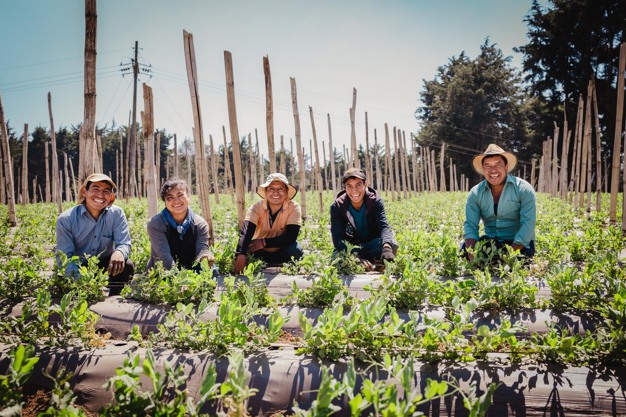 Fair Fruit is a pioneer in the import by sea of snow peas and sugar snaps from Guatemala
Fair Fruit is a pioneer in the import by sea of snow peas and sugar snaps from Guatemala
Fair Fruit, a Guatemalan initiative with a strong focus on snow peas and sugar snaps that evolved into an international enterprise with connections to Belgium primarily through the Durabilis Group and founded by Evert Wulfrank and Sebastiaan Saverys, the Durabilis Group's current owner, has expanded over the years its offering to other products than and regions. The Durabilis Group is a collective of innovative enterprises in sustainable agriculture and healthy food. These two companies want to make production systems more sustainable worldwide and offer growers a fair price.
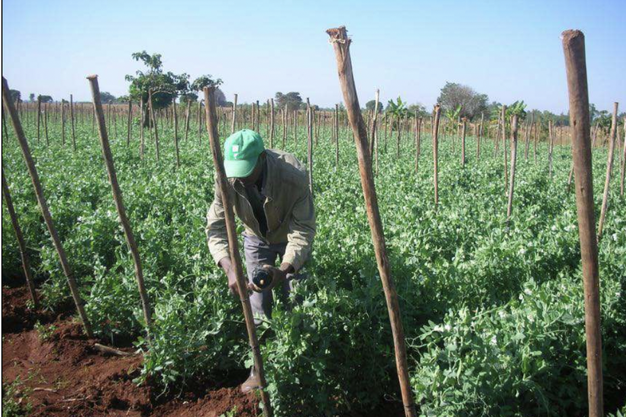 The cultivation of legumes was also initiated in Ethiopia
The cultivation of legumes was also initiated in Ethiopia
Expansion and diversification
Fair Fruit presently operates in Guatemala, Peru, Ethiopia, Senegal, Mali, and Burkina Faso. The company's range now includes butternut squash, sweet potatoes, baby corn, baby carrots, green beans, peas, ginger, and mangoes. While not entirely organic, they are committed to environmentally friendly, regenerative farming practices.
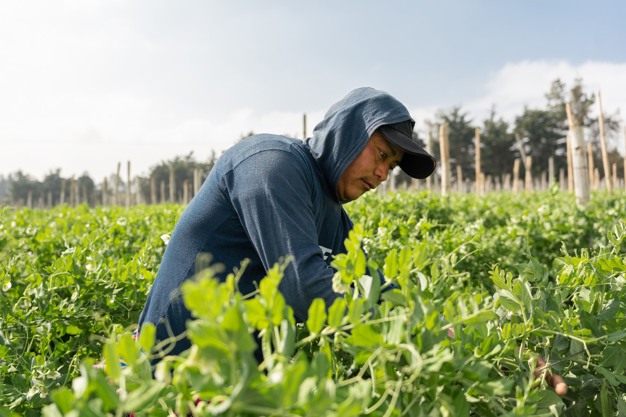
Impact and grower benefits
To support infrastructure projects and grower training, the company has partnered with NGOs from the start. This long-term sustainable development vision has led to more stable, higher incomes for growers, thanks to a fair price structure and sustainable trade practices. That means growers can invest in their businesses and products, which, in turn, has helped improve living standards and increase returns.
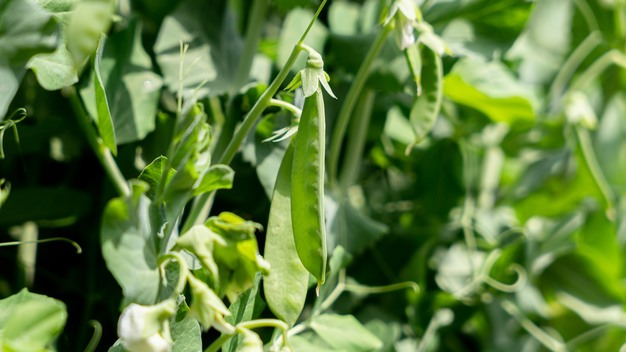
Market position and challenges
Fair Fruit has positioned itself as a key distribution chain player, serving distributors and helping them meet retailer needs. Their focus on product integrity - including quality, sustainability, and reliability - provides a solid vegetable market position, especially for their specialties. Still, the company faces challenges like stricter quality requirements and an unreliable climate. That makes the snow peas and sugar snaps supplies tricky and increases price pressure. That also brings more competition from markets such as North America and Asia, where market opportunities are often more attractive than in Europe.
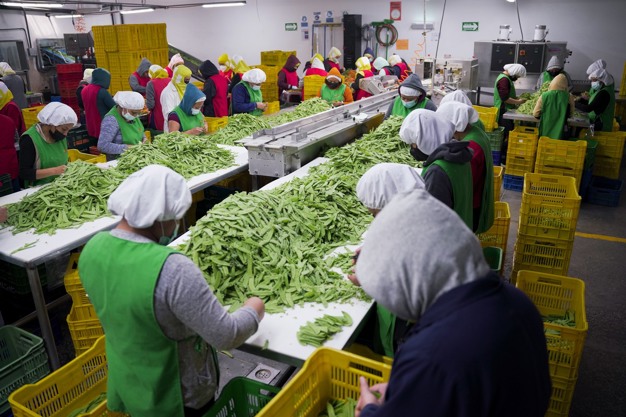
Comparison to European market
Evert explains that strict demands and high certification costs make it hard to navigate the European market. Fair Fruit finds more room for its products in the U.S. and other non-European markets. European customers also often exert price pressure without offering a corresponding price increase. The company continually focuses on improving its supply chain's sustainability and maintaining a fair price for its growers.
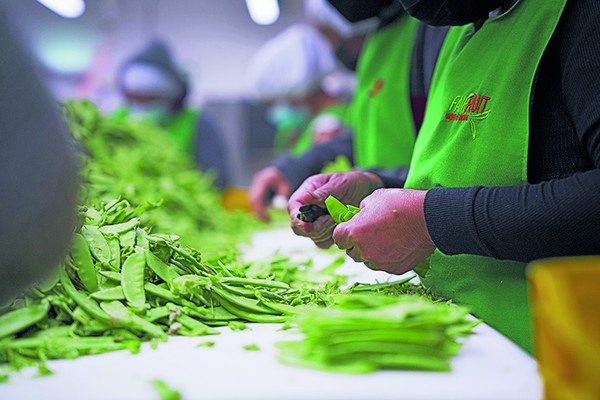
Those stricter European requirements mean Latin American and African countries are increasingly shifting their focus to North America and Asia. European markets' stringent sustainability and certification regulations can lead to higher costs for companies and make those markets less attractive than markets on other continents.
Sustainability
Sustainability is a growing concern in Europe. Though consumers are often willing to pay more for sustainable products, pressure to meet rigorous demands can lead to pricing issues. Still, Europeans' growing interest in sustainability presents chances for retailers to promote responsible choices and keep the public well informed.
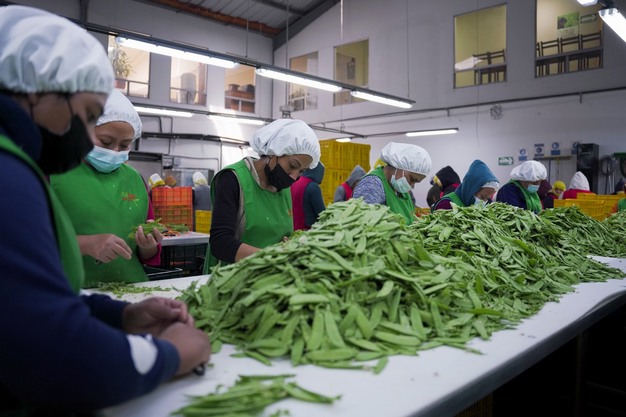
As for social sustainability in South America, profit plays a role, but some companies, particularly family businesses, highly value social responsibility. They invest in their employees and strive for a robust corporate culture. Fair Fruit tries to act as an example by emphasizing the importance of social values and that this should result in a fair price for their products.
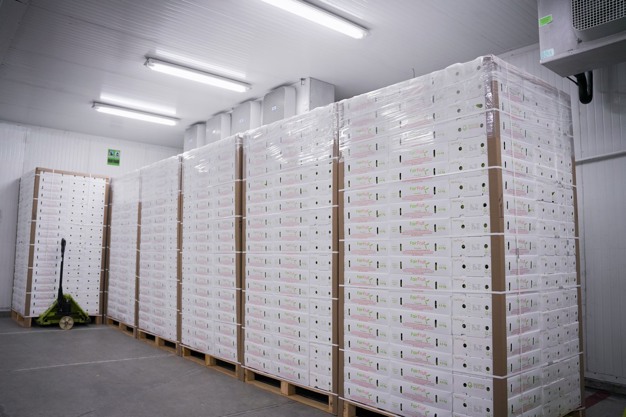
Looking ahead
Fair Fruit's most significant challenge is staying financially sound. After two difficult crop years, they have depleted their buffers, mainly due to problems guaranteeing sufficient, good quality volumes. Costs are rising due to stricter regulations around plant protection products and growers having to adopt different cultivation techniques. Despite these challenges, the start of the Peruvian season seems promising, offering hope for stabilization.
For more information: Fair Fruit NV
Fair Fruit NV
Zwijnaardsesteenweg 316D
9000 Ghent (Belgium)
Tel: +32(0)9 248 42 06
[email protected]
www.fair-fruit.com
